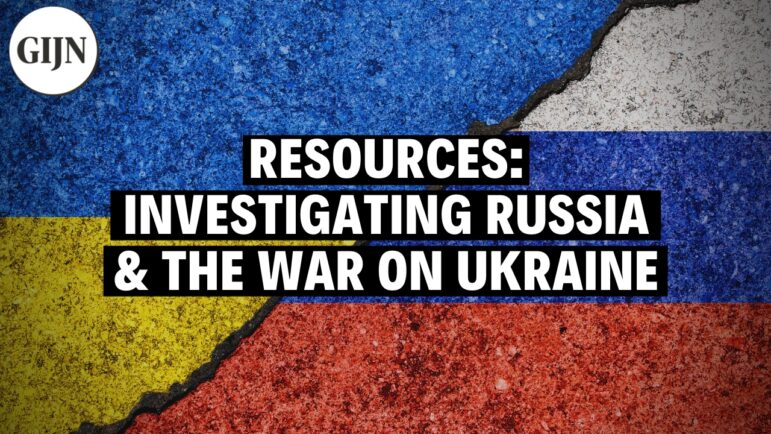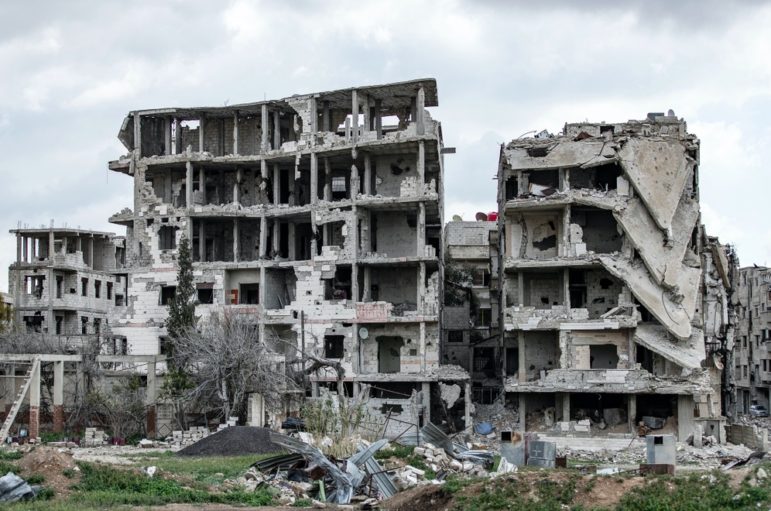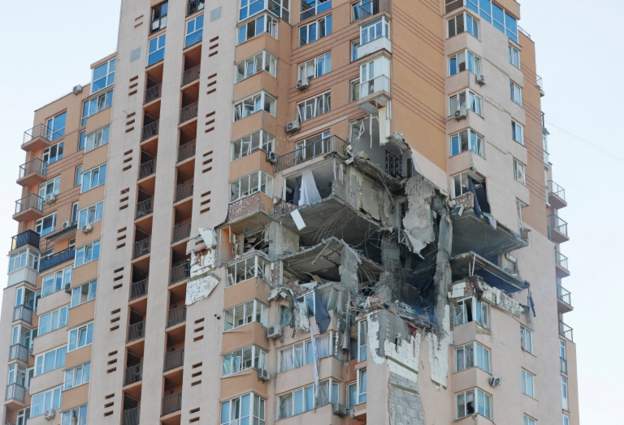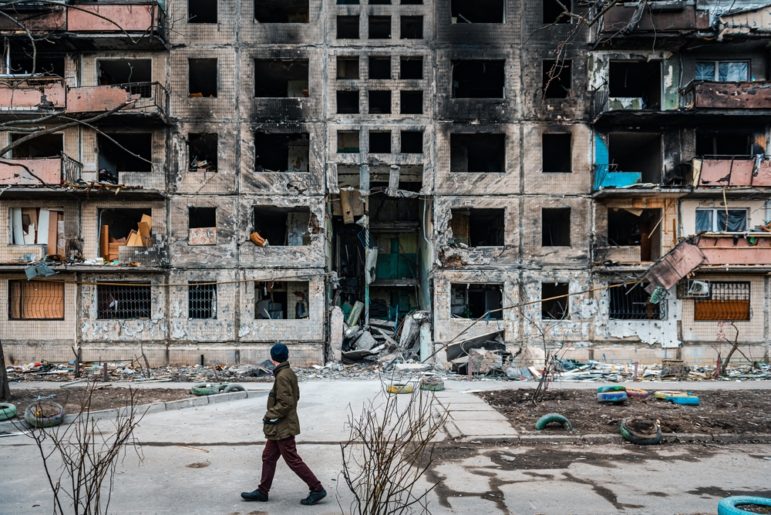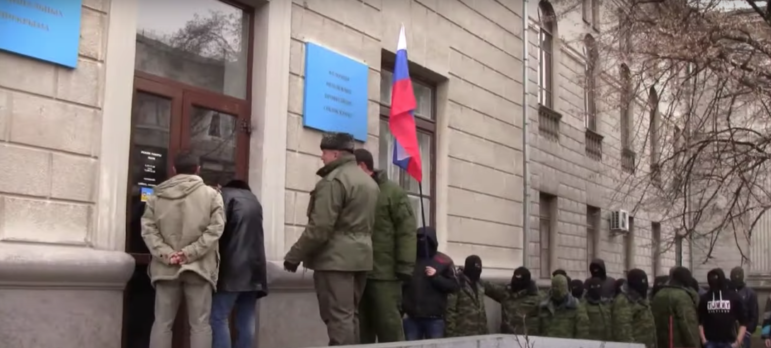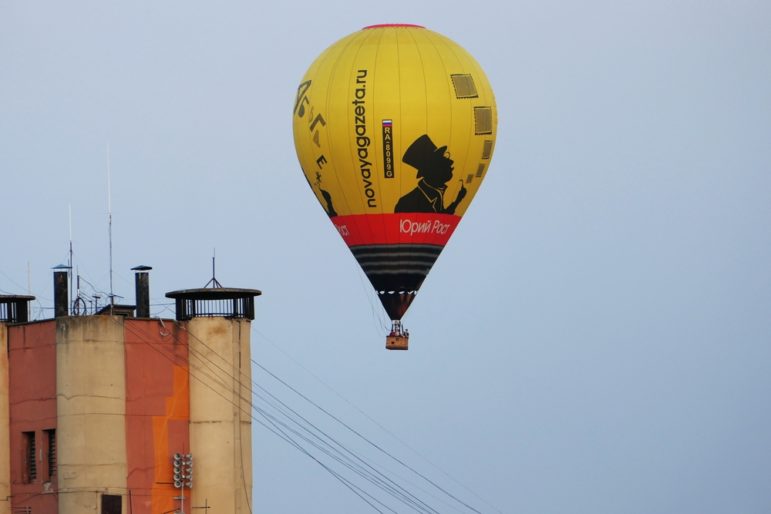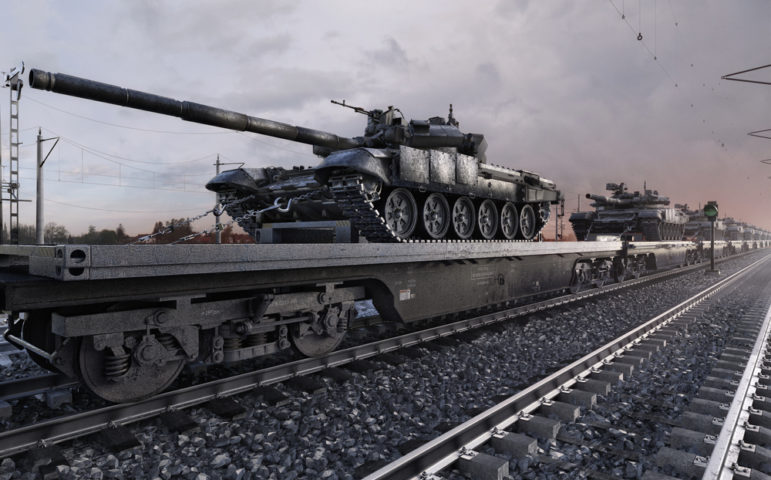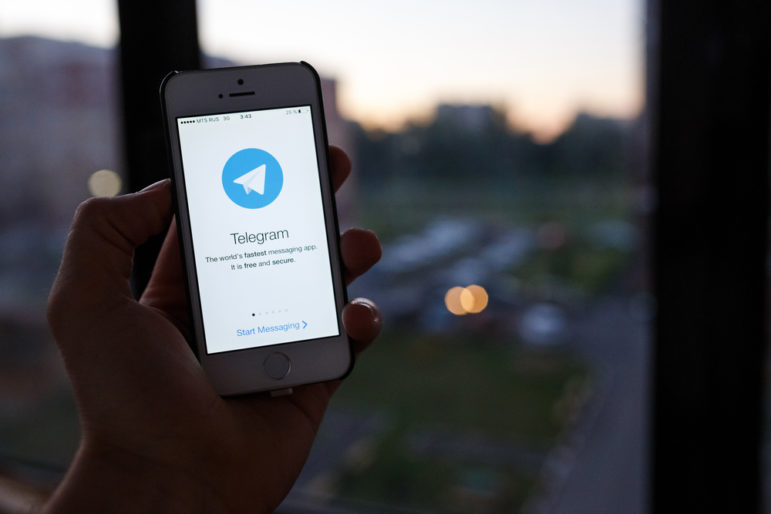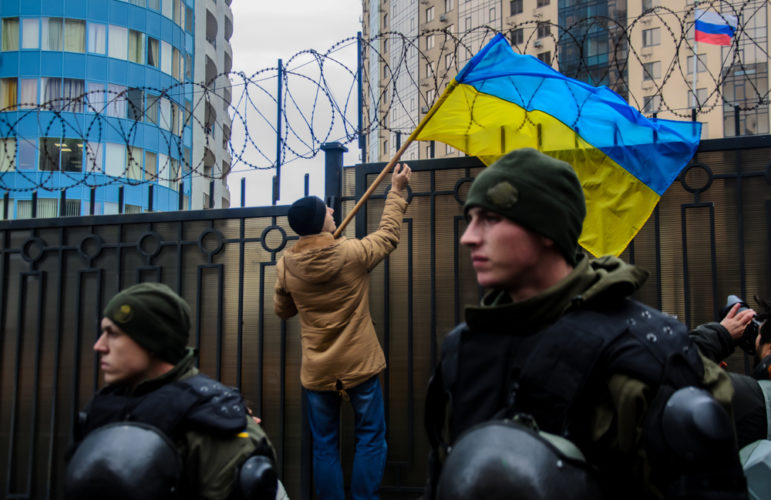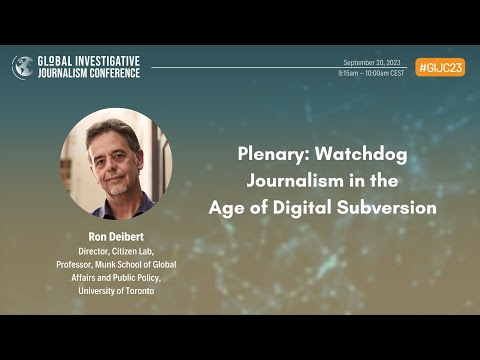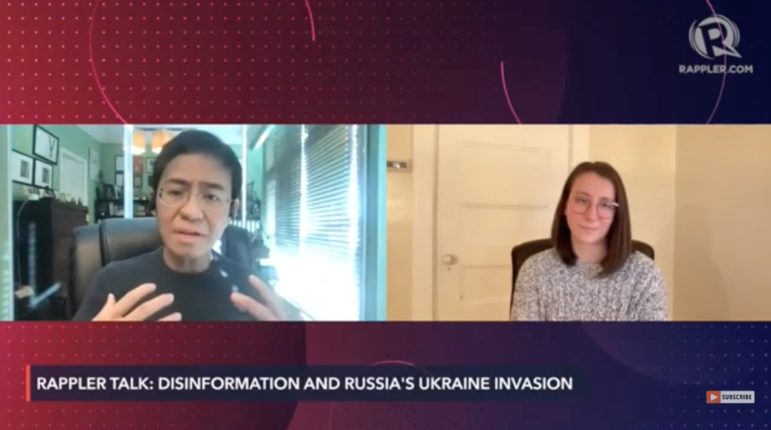

Maria Ressa (left) interviews Jane Lytvynenko about Russian disinformation and the war in Ukraine. Image: Screenshot
Digging Into the Disinformation Campaign Behind Russia’s War on Ukraine
Read this article in
Guide Resource
Investigating Russia and the War in Ukraine
Chapter Guide Resource
9 Best Practices for Investigating Refugee Issues
Chapter Guide Resource
Lessons Learned from Syrian Journalists Investigating Russian War Crimes
Chapter Guide Resource
Investigating Russia Around the World: A GIJN Toolkit
Chapter Guide Resource
15 Tips for Investigating War Crimes
Chapter Guide Resource
Amateur Open Source Researchers Go Viral Unpacking the War in Ukraine
Chapter Guide Resource
Essential Steps for Journalists in Emergency Situations
Chapter Guide Resource
Bellingcat’s Grozev on Investigating Russia’s Invasion of Ukraine
Chapter Guide Resource
Tips for Archiving Telegram Messages on Russia-Ukraine War
Chapter Guide Resource
Journalism Resources for Tracking Events in Ukraine

10 Tips for Tracking Russian-Owned Assets
OCCRP senior investigator Tom Stocks shares 10 best practices for tracking the mansions and superyachts of Russian oligarchs and officials deemed closest to President Vladimir Putin.
Chapter Guide Resource
Digging Into the Disinformation Campaign Behind Russia’s War on Ukraine
Chapter Guide Resource Video
Video: GIJC23 – Resources for Investigating Russia
Chapter Guide Resource Video
GIJC23 – Best Investigations on Russia’s War on Ukraine
We now know that the US war in Vietnam was predicated on false claims about an attack on an American warship in the Gulf of Tonkin. Likewise, the 2003 invasion of Iraq was justified using choreographed — and ultimately baseless — claims that Saddam Hussein possessed weapons of mass destruction. Has a similar campaign of disinformation been used too as a pretext for Russia’s full-scale invasion of Ukraine?
A revealing interview between two courageous investigative journalists this week suggested that those pretext claims do exist, as part of a long-running propaganda campaign on Russian state media, and on major social media platforms that have tolerated them for years.
On the second day of the invasion, Nobel Peace Prize-winner Maria Ressa — co-founder of the independent Rappler newsroom in the Philippines — interviewed Jane Lytvynenko, a journalist with a unique perspective on how reporters should view this attack on a major European democracy. A former investigative reporter on disinformation and far-right extremism at BuzzFeed News, Lytvynenko is now a senior fellow at the Technology & Social Change Project at Harvard’s Shorenstein Center on Media, Politics, and Public Policy. She is also Ukrainian-born, has family in Ukraine who are currently under physical threat from the attack, and has become an outspoken advocate for the defense of her home country since the invasion.
“I have family back home, and one of the major battles today was happening in essentially their backyard,” Lytvynenko told Ressa.
Lytvynenko said this disinformation campaign has included absurd claims about genocide in the east of Ukraine; Nazis populating the country’s executive government; Vladimir Lenin being the true architect of Ukraine as a nation; and Ukraine’s supposed involvement in chemical weapons attacks, among many others. Most media in the West either didn’t pay attention, or didn’t see them at all, she said, because the primary disinformation target for Russia is its domestic audience.
The interview also highlighted another key factor: Russia has been fighting a proxy war against Ukraine for the past eight years — ever since the so-called Maidan revolution ousted a corrupt, pro-Kremlin government in 2014 — that had already killed thousands of Ukrainians before Russian tanks rolled over the borders in a large-scale incursion last week.
Lytvynenko said it was important for Western reporters to use the start date of this war as 2014 — and that the true cause of this war was, quite simply: “Ukrainians asking for freedom.”
“Right now, [Russian] disinformation is capitalizing on the knowledge gap among international audiences,” she said. “Although the Ukrainian revolution, the annexation of Crimea, and, unfortunately, the downing of flight MH-17 captured the world’s attention, the war since then has faded to the background for the vast majority of the international community. The knowledge gap means Russia has a big opportunity to spread a disinformation-based narrative.”
When Ressa asked what Russian President Vladimir Putin wanted with this new, much broader attack, Lytvynenko presented a chilling list of Putin’s strategies, and gave this telling response: “The answer isn’t what he wants, but what he doesn’t want: democracy.”
Additional Resources
Expert Tips for Digging Out the Roots of Disinformation
Tips on Investigating Disinformation Networks
On the Frontlines of Russia’s Propaganda War, Here’s How Ukrainian Groups Are Fighting Back
 Rowan Philp is a reporter for GIJN. Rowan was formerly chief reporter for South Africa’s Sunday Times. As a foreign correspondent, he has reported on news, politics, corruption, and conflict from more than two dozen countries around the world.
Rowan Philp is a reporter for GIJN. Rowan was formerly chief reporter for South Africa’s Sunday Times. As a foreign correspondent, he has reported on news, politics, corruption, and conflict from more than two dozen countries around the world.

